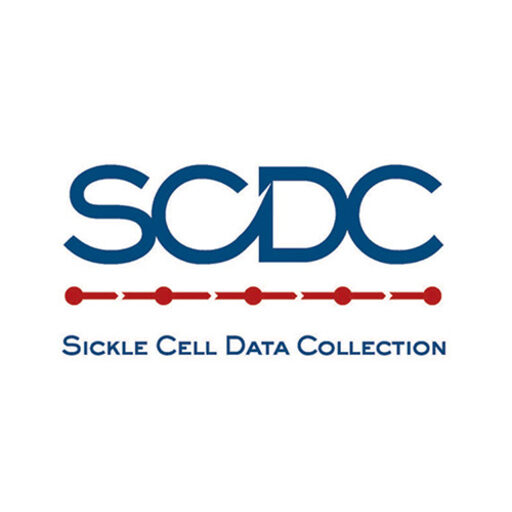Mental Health
Navigating Mental Health with Sickle Cell Disease: A Comprehensive Guide
Living with sickle cell disease presents unique challenges that extend beyond physical symptoms, impacting mental health and emotional well-being. “Navigating Mental Health with Sickle Cell Disease: A Comprehensive Guide” offers invaluable insights and support for individuals, caregivers, and healthcare professionals alike. From coping strategies and resilience-building techniques to destigmatizing discussions about mental health, this guide addresses the intersection of physical and emotional health in the context of sickle cell disease. Join us as we explore the importance of self-care, community support, and access to mental health resources in fostering resilience and improving quality of life for those affected by this chronic condition. Together, let’s prioritize mental health in sickle cell disease and create a more supportive and compassionate environment for all.
“Living with sickle cell disease is not just about managing physical pain; it’s also about navigating the emotional toll it takes on your mental health. Strength isn’t just measured in endurance; it’s found in the resilience to confront the challenges of both body and mind.”

Issues That We Commonly Face
Healthcare Discrimination
Healthcare discrimination against sickle cell patients remains a pervasive issue, impacting access to quality care and exacerbating health disparities. Due to misconceptions and biases, sickle cell patients often encounter skepticism, under treatment, and dismissal of their pain and symptoms in healthcare settings. This systemic discrimination leads to delayed diagnoses, inadequate pain management, and diminished quality of life for individuals living with sickle cell disease. Addressing healthcare discrimination requires increased awareness, education, and advocacy to ensure equitable treatment and support for sickle cell patients within the healthcare system.
Immeasurable Pain
Immeasurable pain is a hallmark symptom of sickle cell disease, affecting patients in profound and debilitating ways. Unlike typical pain experiences, sickle cell pain can be intense, recurrent, and unpredictable, often described as excruciating and unrelenting. This pain arises from the obstruction of blood flow by sickle-shaped red blood cells, leading to tissue damage, inflammation, and ischemia. Sickle cell patients frequently endure episodes of acute pain crises, which can occur suddenly and last for days or even weeks, severely impacting their quality of life and daily functioning. Managing immeasurable pain in sickle cell patients requires a multifaceted approach, including analgesic medications, hydration, rest, and supportive care to alleviate suffering and improve overall well-being.
Avascular Necrosis
Avascular Necrosis (AVN), also known as osteonecrosis, is a condition characterized by the death of bone tissue due to a lack of blood supply. In sickle cell patients, AVN commonly affects the bones, particularly in the hips and shoulders, due to the abnormal shape and function of sickle-shaped red blood cells. The restricted blood flow caused by sickle cell disease can lead to damage and deterioration of the bone, resulting in pain, limited mobility, and potential joint collapse. Managing AVN in sickle cell patients often involves a combination of pain management, physical therapy, and, in severe cases, surgical intervention to preserve joint function and alleviate symptoms.
Forming Relationships
Forming relationships can be challenging for individuals born with sickle cell disease, as the condition often requires frequent medical interventions and can lead to unpredictable health crises. The need for hospitalizations, medication management, and lifestyle modifications can create barriers to social interactions and romantic pursuits. Additionally, the fear of burdening others with the responsibilities associated with sickle cell care may contribute to feelings of isolation and difficulty in establishing meaningful connections. Despite these challenges, cultivating supportive relationships and building a strong network of understanding friends, family, and partners can provide vital emotional and practical support for individuals navigating life with sickle cell disease.
Finding & Keep Employment
Finding and maintaining employment can be a daunting task for individuals living with sickle cell disease due to the unpredictable nature of the condition and its potential impact on work performance. Factors such as frequent medical appointments, fatigue, and pain crises may pose challenges in meeting job demands and maintaining consistent attendance. Additionally, misconceptions and stigma surrounding sickle cell disease in the workplace can create barriers to securing employment opportunities. Despite these obstacles, individuals with sickle cell disease possess valuable skills, talents, and strengths that can contribute positively to the workforce. With proper support, accommodations, and understanding from employers and colleagues, individuals with sickle cell disease can thrive in their careers and make meaningful contributions to their respective fields.

